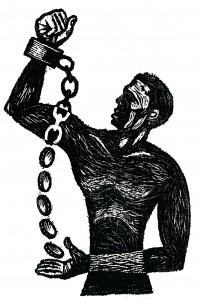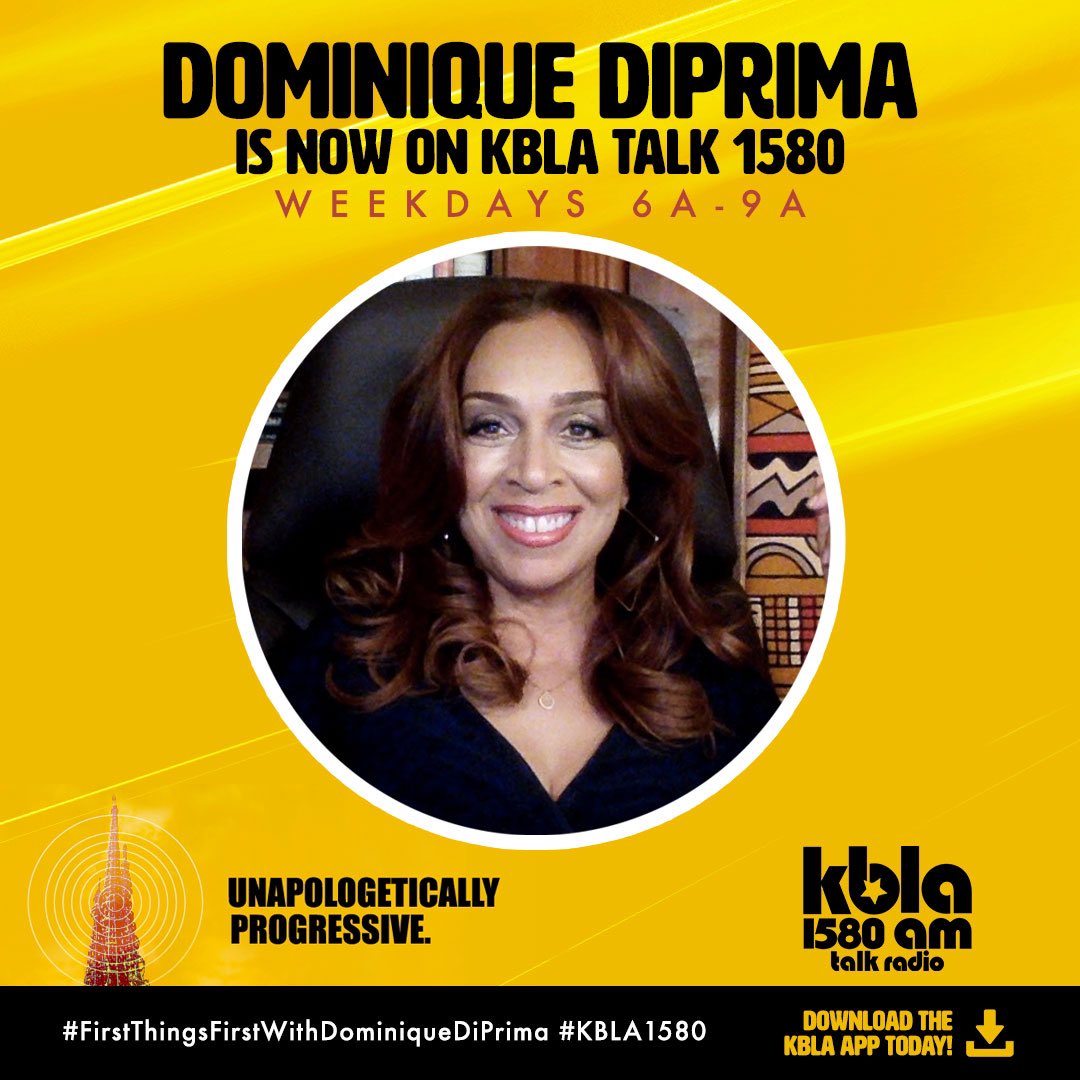Lawsuits seek reparations from Britain, Francia, Netherlands for their roles in Atlantic slave trade
Fourteen Caribbean nations are suing the governments of the United Kingdom, France and the Netherlands for reparations over what the plaintiffs say is the lingering legacy of the Atlantic slave trade.
In a speech Friday at United Nations General Assembly, Prime Minister of Saint Vincent and the Grenadines Ralph Gonsalves said the European nations must pay for their deeds.
“The awful legacy of these crimes against humanity – a legacy which exists today in our Caribbean – ought to be repaired for the developmental benefit of our Caribbean societies and all our peoples,” Gonsalves said. “The European nations must partner in a focused, especial way with us to execute this repairing.”
The lawsuits – which are likely to amount to a lengthy battle – are being brought by The Caribbean Community, or Caricom, a regional organization that focuses mostly on issues such as economic integration. They will be brought to the U.N.’s International Court of Justice, based in The Hague in the Netherlands. It is not immediately clear when court proceedings will begin.
The countries will focus on Britain for its role in slavery in the English-speaking Caribbean, France for slavery in Haiti and the Netherlands for Suriname, a Caricom member and former Dutch colony on the northeastern edge of South America.
They have hired British law firm Leigh Day, che ha condotto una lotta di successo per il risarcimento per centinaia di keniani che sono stati torturati dal governo coloniale britannico come hanno combattuto per la liberazione del loro paese durante la ribellione Mau Mau degli anni 1950 e 1960.
Secondo Martyn Day, un avvocato della ditta, il primo passo sarà quello di cercare un accordo negoziato con i governi di Francia, Gran Bretagna e l'Olanda lungo le linee dell'accordo britannico nel mese di giugno di rilasciare una dichiarazione di rammarico e l'aggiudicazione risarcimento di circa $21.5 milioni di euro per i superstiti keniani.
“Penso che avrebbero senza dubbio voler provare e vedere se questo può essere risolto in via amichevole,” Day ha detto che i paesi dei Caraibi, parlando a The Associated Press nel mese di luglio. “But I think the reason they have hired us is that they want to show that they mean business.”
Caribbean countries Jamaica, Antigua and Barbuda already have national commissions on reparations, and each country that does not have a commission has agreed to set one up. Il 14 Caricom nations voted unanimously to wage the joint campaign, saying it would be more ambitious than any previous attempt.
Negli Stati Uniti, the idea of reparations has surfaced and disappeared numerous times.
After the end of the Civil War, circa 400,000 acres of land along the Florida, Georgia and South Carolina coasts was taken from former slave owners and set aside for freed slaves, who would each be granted a 40-acre plot of land to farm and make a living. It was the first attempt in the U.S. at reparations, and was reversed by President Andrew Johnson after President Abraham Lincoln was assassinated in 1865.
Most recently in 2008, then-candidate Barack Obama said he did not support reparations for the descendants of slaves, which put him at odds with the NAACP, L'Urban League, the SCLC and about two dozen members of Congress who sponsored legislation to create a commission on slavery.
The House issued an apology for slavery nel mese di luglio 2008, and the Senate followed suit in 2009, but neither mentioned reparations.
Caribbean officials have not specified a monetary figure for the lawsuits, but Gonsalves and Verene Shepherd, chairwoman of the national reparations commission in Jamaica, both mentioned the fact that Britain at the time of emancipation in 1834 paid 20 million pounds – the equivalent of 200 miliardi di sterline di oggi - a piantatori inglesi nei Caraibi.
“I nostri antenati hanno niente,” Pastore ha detto. “They got their freedom and they were told ‘Go develop yourselves.'”
Dexter Mullins contribuito a questo rapporto, con l'Associated Press.
SOURCE: America.Aljazeera.com



Nessun Commento
Commenti per 14 Nazioni caraibiche citare in giudizio i paesi europei per riparazioni schiavitù sono ormai chiuse.